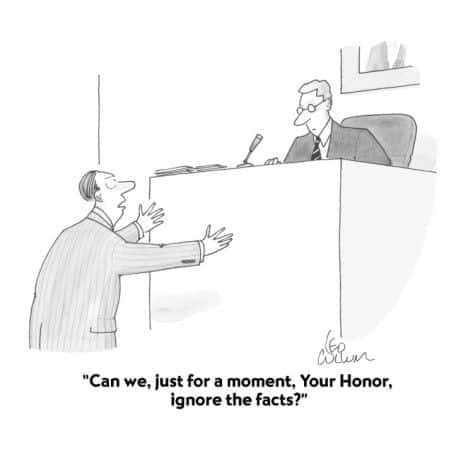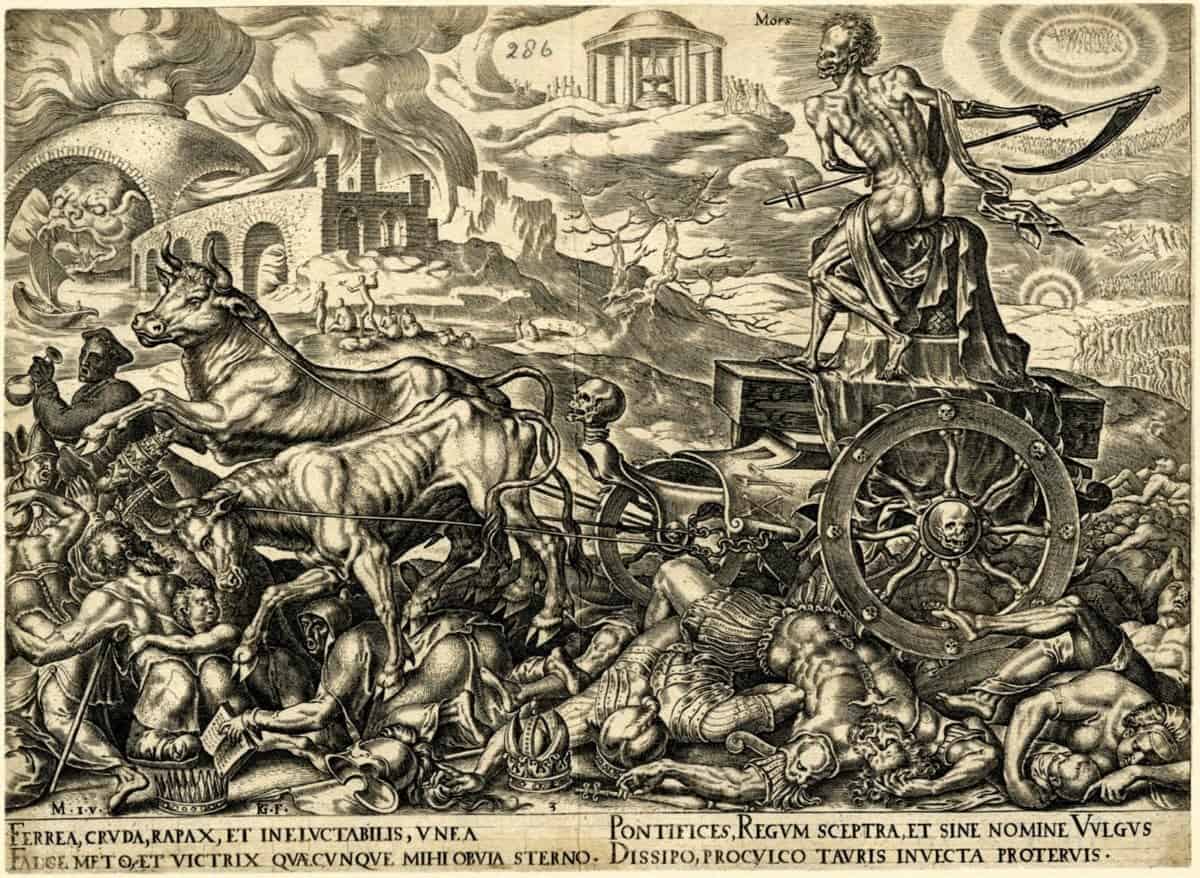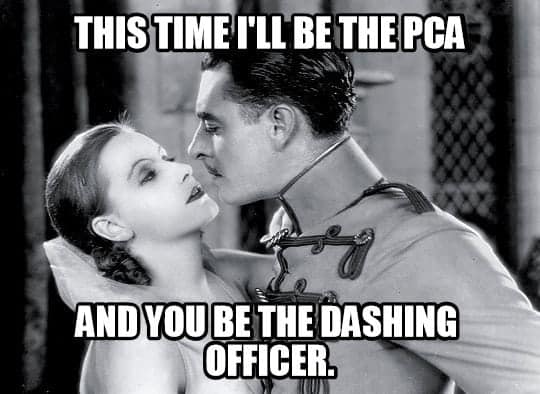“If you like to eat what you like to eat, this means that you are a human being. If you are morally indignant about the food choices of others, this means you are well on the way to becoming a food leftist. Leftism is that impulse that wants to establish coercion and call it community” …
And Very Grateful for This . . .
In the midst of a great deal of confusion on sexuality and gender (see the previous post), I am very grateful that the denomination Christ Church belongs to (the CREC) has issued a statement on one of the basic issues involved. That statement can be accessed here. For those unfamiliar with the polity of the …
This Cavalcade of Concupiscence
Introduction: I believe that it is past time for us to add the P to our conga line of kink. The reason we must add the P, standing in for pedophile, is that we have already in principle added the P. This already happened, with virtually no one noticing when it happened exactly. There is …
You Know?
“I believe alternative food producers should be free to sell their unpasteurized milk off the back of their pick-up truck if they want to. We are all Christians here, and we all have to go to Heaven sometime” (Confessions of a Food Catholic, p. 136).
Just for a Moment . . .

What Regulation Does
“But to call for regulation of industry is to call for just this kind of crony capitalism, what I have elsewhere called crapitalism. This is what regulation does. This is hair of the dog that bit you reform, which is to say, no reform at all, no solution at all.” (Confessions of a Food Catholic, …
Which Is Not to be Desired
“These are problems that do to justice what the meat-packing plants do to cows” (Confessions of a Food Catholic, p. 133).
Thus Fixing the Previous Reformations
“And is this not the very definition of the modern reformer—someone who identifies a problem and wants ‘something done’—whether or not it makes things better or worse?” (Confessions of a Food Catholic, p. 133).
On the PCA Getting French-Kissed by the World
Introduction: I have argued for some years that the battle of our day is a battle for the control of the dictionary. What shall we call things? More importantly, what shall we not be allowed to call things? And the two great questions of philosophy are involved—why and who says? And in dealing with this …
So Don’t Do That
“The problem here is not what we know, but rather what we think we know—and how quickly we start pressuring and condemning others on the basis of what we think we know” (Confessions of a Food Catholic, p. 128).



